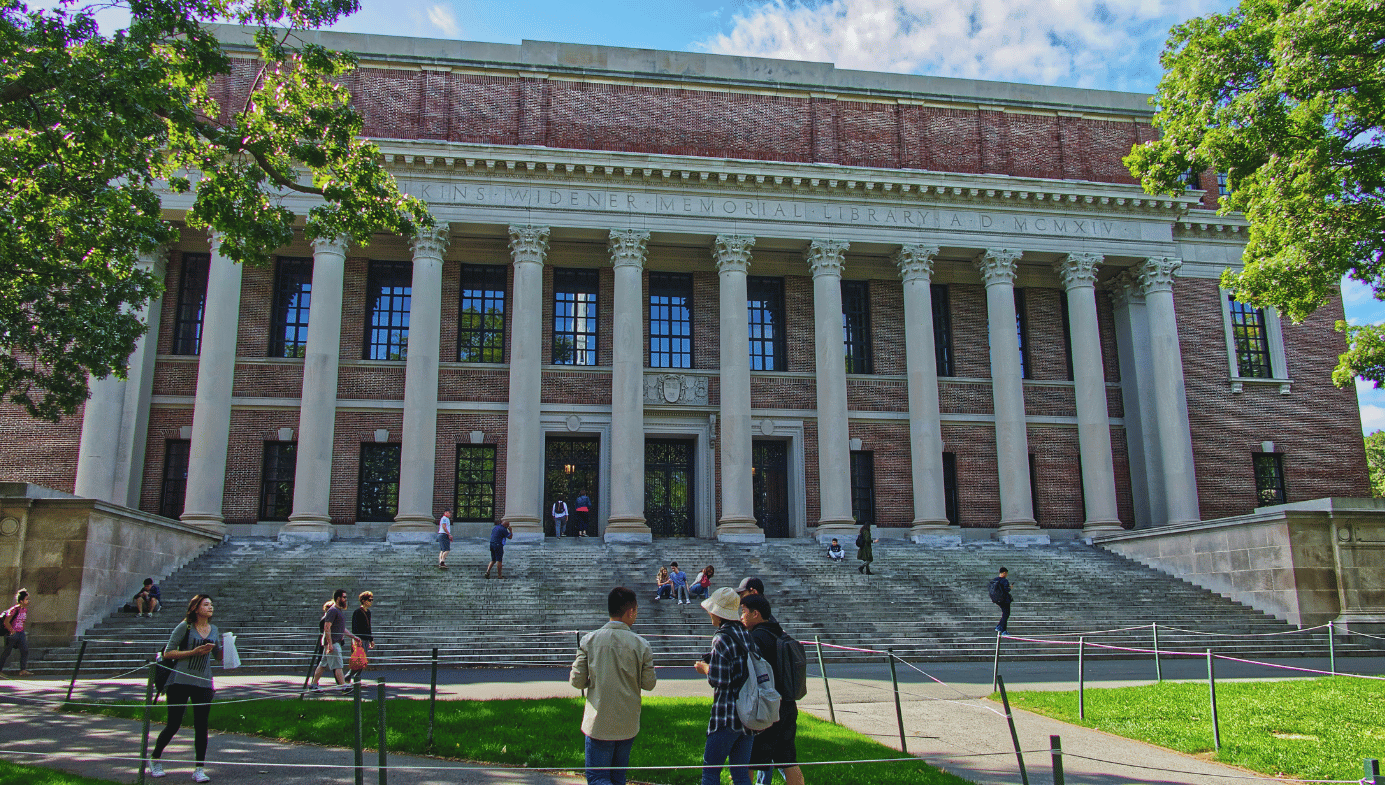Higher Education
Defending Academic Freedom in Higher Education and Medicine
The success of the academy requires academic freedom and tolerance for viewpoint diversity. These critical values are under increasing threat.
· 12 min read

Keep reading
Disco Inferno
George Case
· 10 min read
Conflicting Visions of Peace
Benny Morris
· 8 min read
When Women Are Radicalised
Claire Lehmann
· 8 min read
The First Journalists
Iona Italia, Quillette
· 60 min read
Buckley’s Blind Spots
Ronald Radosh
· 25 min read
The Art of Not Quite Listening
Thomas Larson
· 9 min read





